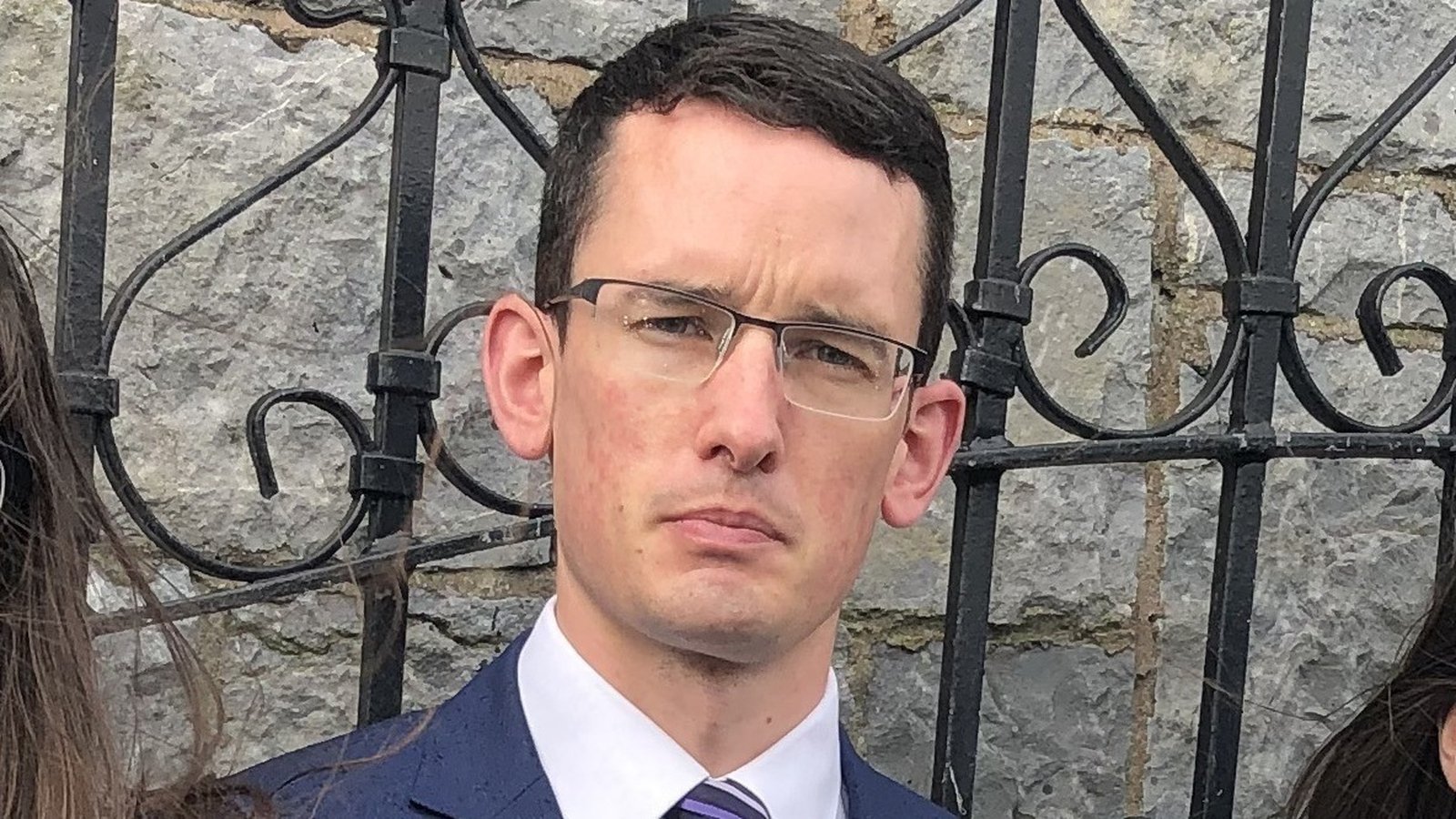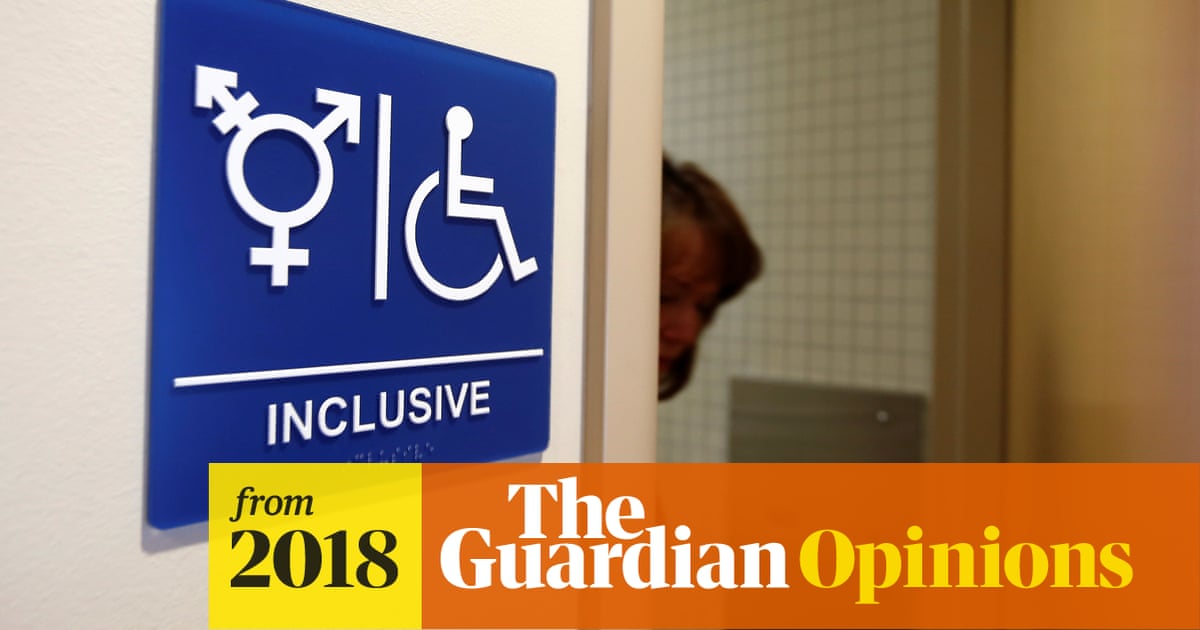Good review I read at the weekend. Addresses this topic well.

Andrew Doyleâs book
The New Puritans starts with an absolutely shocking scene. Out of nowhere, a friend of Doyle and the father of his godson calls him a âf***ing Nazi c***â in a bar in Soho, London.
Doyle is gay, socially liberal and fiercely opposed to racism and authoritarian politics. Why the abuse? Doyle had voted for Brexit.
JK Rowling, the most popular living writer in Britain, has distinguished herself over the past 25 years for her philanthropic generosity and progressive beliefs. Yet in the past few years she has been denounced as a bigot for her view that there is some conflict between the rights of natal women and transgender women. Dave Chappelle, the African-American comedian, has likewise been castigated because he has made jokes about trans people in his Netflix comedy shows. These two, both previously darlings of the left, have been demonised.
The New Puritans provides an answer to what is going on. Over the past ten years, Doyle contends, a movement that was previously confined to the fringes of academia and the internet has gained mainstream prominence. This movement is known by many names: woke politics, identity politics, the successor ideology, the Elect and Critical Social Justice. Doyle simply calls the followers of this movement the new puritans. These new puritans treat political differences in morally dogmatic terms. If someone disagrees with you on race or trans rights or feminism, they are not simply wrong. They must also be evil. For Doyle, such activists are part of a religion. âThey have,â he writes, âsimplistically divided the world into sinners and saints and have presumed that they ought to be grouped among the latter.â
Doyle points out that these activists even invoke the language of religious fundamentalism when they denounce anyone who deviates from their beliefs. For instance, in October 2021, outside Netflixâs headquarters in California, a woman went up to a comedian called Vito Gesualdi, who was supporting Chappelle, and screamed at him: âRepent, motherf***er!â Doyle writes: âI can think of no more apposite phrase to encapsulate the combination of rage and religiosity that characterises this movement.â
By religion, Doyle really means a particular type of religion that is fundamentalist. When he uses the word puritan, he is not literally describing these modern-day activists as religious dissidents who want to purify the Catholic church and abolish theatre. He is drawing an analogy. What he means is that these activists eschew critical thinking and tolerance in favour of moral absolutism.
In fact, he thinks in some respects that the new puritans are worse than the older iteration. âAmong the puritans of New England,â he writes, âthere existed a profound and pervasive consciousness of human fallibility and their unworthiness before God.â The modern ones, by contrast, âgive the impression of never having questioned their own ideological certaintiesâ.
This is why, on issues such as cancel culture, which he describes as âa method of public humiliation and harassment which could often lead to the target losing his or her means of incomeâ, Doyle thinks a more useful literary reference than George Orwellâs dystopian novel
Nineteen Eighty-Four is Arthur Millerâs 1953 play
The Crucible. It is about the Salem witch trials in 17th-century America, but also speaks to the time it was written, the McCarthyism of early 1950s America, where anyone suspected of communism was persecuted and ostracised.
Many say that cancel culture isnât real, itâs simply about making powerful people accountable. Rowling and Chappelle havenât been successfully cancelled, they say â Rowling still produces books, Chappelle still makes comedy shows â but the key point, as Doyle puts it, is this: unlike Rowling, most women âhave neither the finances nor the influence to shield themselves from the depredations of the online mobâ.
He points to the example of the childrenâs author Gillian Philip, who was dropped by her publisher for supporting Rowling and has subsequently trained as a lorry driver. Philip has said that âthe haulage industry is far more supportive and inclusive â and a lot less misogynistic â than the world of childrenâs writingâ.
What distinguishes Doyleâs book from many writings on the vexed subject of the culture wars is his sober and reasonable tone. For instance, he doesnât make sweeping generalisations about young people. Quite the opposite. âThe tendency to dismiss the younger generation as âsnowflakesâ is both counter-productive and inaccurate,â he writes. This is because âmy various experiences of speaking on university campuses is that students are, by and large, eager to be challenged and open to hearing views that they have been assured â usually by academics of my generation â are beyond the paleâ.
Doyle comes at this issue from the position of someone who supports social and cultural progress. He doesnât believe racism, sexism and homophobia have vanished from society. Far from it. What he does believe, though, is that under the guise of progressivism these prejudices are being encouraged rather than challenged.
For instance, being an anti-racist, up until recently, meant believing that someoneâs racial identity should be irrelevant in how we judge them. That belief, in many progressive circles, now seems antiquated, and racialised thinking is becoming ascendant.
On the issue of sexism, moreover, how can we protect womenâs sport and other sex-based spaces if we canât define what a woman is? And on the topic of homophobia, if, as Stonewallâs chief executive, Nancy Kelley, argues, lesbians not dating trans women is a form of âsexual racismâ, how can we defend and protect the rights of gay people to love who they want to love in peace?
âIt is my wish,â Doyle writes near the end, âthat within a generation this book will be obsolete.â I hope so too, but for now his erudite and persuasive thesis is the perfect introduction to anyone interested in understanding the culture wars that are gripping many of our institutions â from schools and universities to public charities, private companies, art galleries, the media and publishing.
The New Puritans: How the Religion of Social Justice Captured the Western World by Andrew
[ Tomiwa Owolade SUNDAY TIMES]

www.rte.ie




